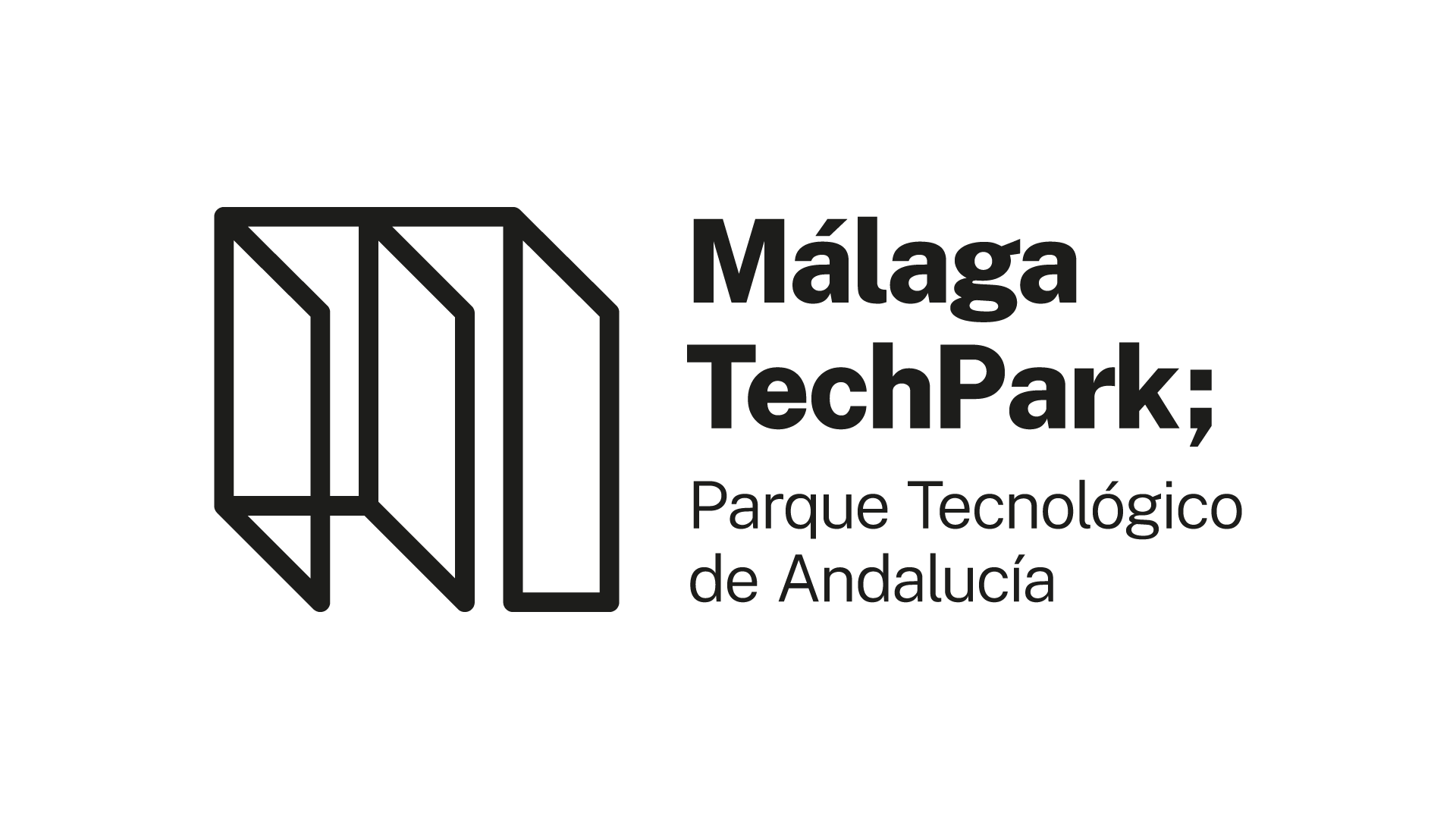-
José Ignacio Olleros has valued the involvement of Malaga TechPark, which he has defined as “a success story of exponential growth” and a “magnificent example of public-private collaboration”.
The main objective of the Regulation on data governance in Europe is to develop the economic and social potential of data use. The European Commission’s wish is “to achieve European digital sovereignty through the creation of a strong data market”, as Antonio Muñoz Marcos, DPO of Telefónica and Isabel Martínez Moriel, head of Privacy, IT & Digital Business at Andersen, stressed in their speeches.
With the aim of illustrating the challenges and opportunities of this regulatory framework, Andersen has held, in collaboration with Malaga TechPark, a webinar entitled ‘The reuse of data as a driver of innovation: the Regulation on data governance in Europe, challenges and opportunities’ (in spanish ‘La reutilizacion de los datos como motor de innovación: el Reglamento Europeo Gobernanza de Datos, retos y oportunidades’) with the participation of Antonio Muñoz Marcos, DPO of Telefónica, Isabel Martínez Moriel and José Ignacio Olleros, partners of Andersen.
José Ignacio Olleros has valued the involvement of Málaga TechPark, which he has defined as “a success story of exponential growth” and a “magnificent example of public-private collaboration”.
Isabel Martínez Moriel, partner at Andersen and head of the Privacy, IT & Digital Business area of the firm, gave an overview of the key aspects to understand the origin of the European data strategy, as well as the regulatory framework proposed by the European Commission for the management of “the datum economy”.
First of all, she has explained that its origin is in the Strategy for the Digital Single Market approved in 2015, whose main concern was “to protect a fundamental right such as data protection”. This was achieved with the approval of the General Data Protection Regulation (GDPR) which, according to Isabel Martínez Moriel, “has very high standards of protection”. For this reason, “Europe is an example of how to regulate in this area”, stated the expert.
Secondly, she has highlighted as a landmark the emergence of the European data strategy in 2020, driven by a context of high digitalisation and the development of artificial intelligence. Its aim is “to achieve a framework that provides flexibility for operators to exchange data in order to create new services and products”.
Lastly, she has emphasized the three pillars on which this strategy will be based: the Regulation on data governance, the Data Law Regulation and the Common European data spaces. With this, she has explained that the European Commission’s intention is to “create a data market, improve innovation, save costs for companies and gain in digital sovereignty”.
Antonio Muñoz Marcos, DPO of Telefónica, said that with this framework “there is an extraordinarily important legal-technical and business convergence, as it is not only regulating to protect but to promote business opportunities”.
Pointing out that “Europe’s aspiration is to be a reference model in data-driven decision making in both the public and private sectors”, and that, for this reason, “there is a certain sense of urgency about the issue of block competition and technological evolution”, as “improving Europe’s technological sovereignty is the Commission’s big mantra”.
Ultimately, the experts concluded that the Regulation on data governance will ensure access to more data for the EU economy and society and give citizens and businesses more control over the data they generate.
Particularly, they said, both small and large companies will benefit from new business opportunities, as well as reduced data acquisition, integration and processing costs, lower barriers to market entry and shorter time-to-market for new products and services.

